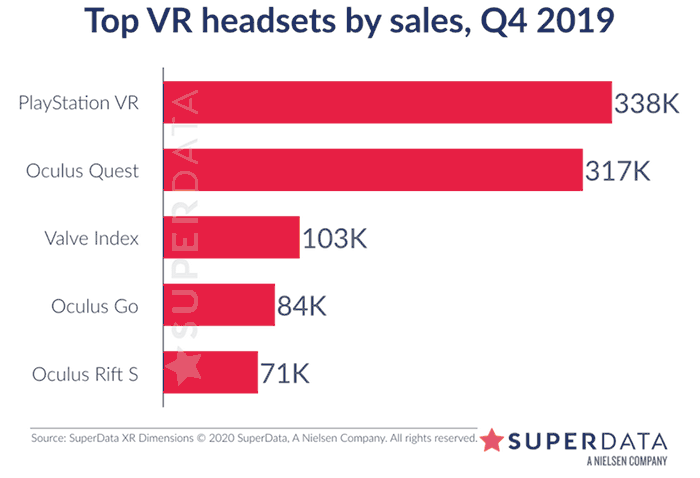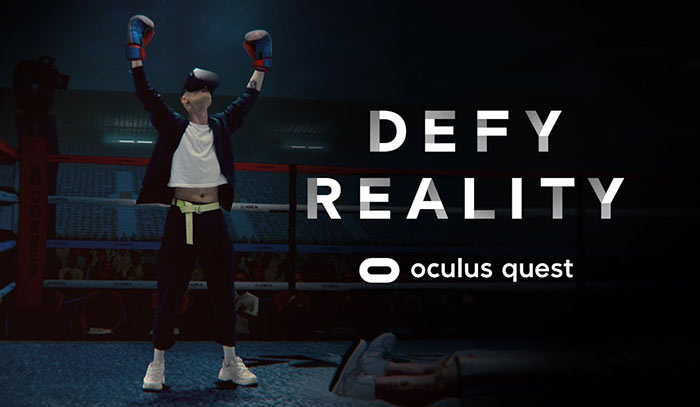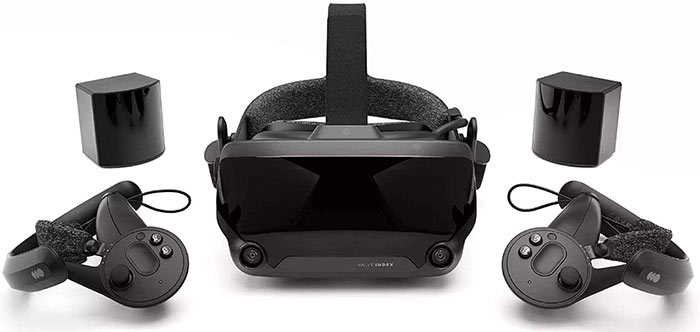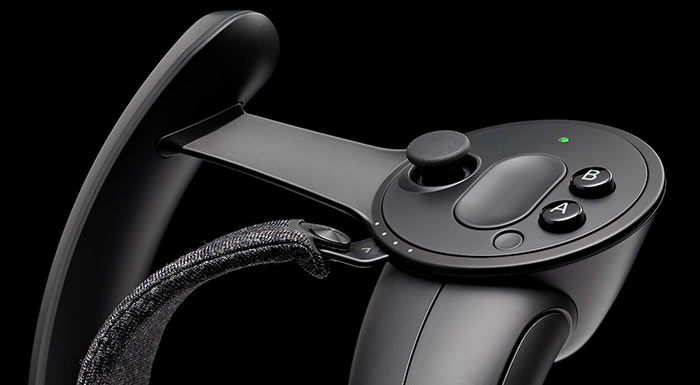SuperData observed that the demand for VR headsets outstripped supply during the recent holiday season. The games industry watching arm of Neilsen has just published a report with its XR (AR, MR and VR) projections until 2023, and the report includes recent market data on the segment.

In the runup to Christmas 2019 you can see from the chart above that the PlayStation VR headset was a pretty clear winner in the sales stakes. It helps that the PSVR is one of the most affordable HMDs, added to the fact that it pairs with a popular well defined gaming platform like the PlayStation 4/Pro.

Less than 10 per cent behind the PSVR headset was the Oculus Quest. This is quite different to the original Oculus Rift, its successors and PC-tethered rivals as the Quest is a self contained untethered device (Qualcomm SD835, 4GB RAM, 128GB storage), with a pair of six degrees of freedom controllers, which runs using the Android OS. Like the PSVR the Oculus Quest has a low-ish buy-in price, and it became available last summer (at the same time as the Oculus Rift S) starting from US$399.
Valve's Half-Life powered breakthrough
A particular observation of SuperData concerns the acceleration of sales of the Valve Index HMD in Q4 last year. Valve released this headset in late May and from then until the end of Q3 it had sold a modest 46,000 units. However, one has to remember the considerable price that Index kits (headset, controllers, base stations) go for, in addition to needing a modern gaming PC.

In November, coinciding with the 21st anniversary of the release of the original Half-Life, Valve announced Half-Life: Alyx. This "flagship VR" game would not be a VR version of Half-life 3 but an in-between 1&2 adventure in VR. In January HEXUS reported that the announcement of Alyx, due to be released in March, had causes a Valve Index sales surge resulting in worldwide shortages of these pricey HMDs.

SuperData has quantified the sales surge as inspiring 103,000 Valve Index sales in Q4 2019. Even with its steep entry price the Index outsold all other PC tethered HMDs in the quarter. Undoubtedly it would have sold even faster if the stocks had been available. Research from the likes of SuperData is quite interesting to see as Valve is a private company which doesn't reveal details of its operations to the public.
Looking further ahead, the SuperData report reckons that "Earnings from AR/MR headsets like the HoloLens are expected to grow significantly in 2023 once form factors and price points that are acceptable to consumers become available". XR consumer revenue should reach $6.7bn by the end of the forecast period, a little under half of all XR revenue.













